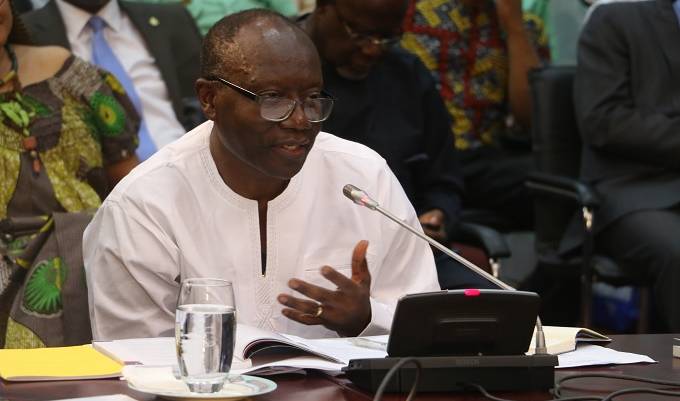Some tax analysts have charged the government to boldly implement the needed measures to strengthen the country’s tax regime into a highly progressive system that ensures equity and simplicity in taxes.
The sentiments were shared at the 2nd Ghana Tax Dialogue Forum organized by Oxfam Ghana on the theme “How should a fair tax system look like ?”
The forum brought together stakeholders from the tax ecosystem in Ghana, including non-governmental organizations, the media as well as private tax practitioners, to discuss ways to promote a Fair, Responsible, Efficient, Modern and Transparent (FREMT) tax system through private sector actions and public policies.
With government currently implementing measures to help it achieve its 2019 domestic revenue target of GHS57.8 billion, of which non-oil tax revenue will constitute about 74.2 percent (GHC 42.9 billion), stakeholders at the 2nd Ghana Tax Dialogue Forum say, if some key issues are not dealt with in the short to medium term when it comes to taxation, government will have a hard time meeting its revenue targets.
In an interview with Citi Business News on the sidelines of the Forum, a fiscal policy specialist with Oxfam Ghana, Dr. Alex Ampaabeng said a multi-pronged strategy to encourage tax compliance including the simplification of tax payment should be high on government’s agenda.
“For effective tax compliance, the complexity of the tax laws should be simplified to the understanding of the taxpayer. You also have to make sure that the enforcement of tax laws is properly done across the board. The subject of revenue usage should be transparent for all. If Ghanaians are not confident that the taxes they pay will be used judiciously they will not support the system.”
The issue of a progressive tax system was strongly advocated for by the participants at the forum as well. According to them, a fair tax system should ensure that the vulnerable in society are not overburdened.
The Chairman of Tax Justice Coalition Ghana Vitus Azeem who spoke to Citi Business News explained that: “A fair tax system in Ghana should be such that people and institutions which earn more income pay more taxes.
Especially when you look at the corporate sector that needs reliable utilities and security to be productive, they should be paying their fair share of taxes. We’re not saying they should pay all, but it should be based on the incomes they are making.”
On his part, a tax expert and Senior Partner at Deon and Neon International reminded corporate entities to apply international best practices when it comes to fulfilling their tax obligations.
“The world is a global village. What this means is that whatever best tax practices are utilized elsewhere should be replicated here in Ghana. This applies to the need for accurate, timely record keeping. This practice will ensure that we are tax responsible and will also prevent any contentions.,” he said.









